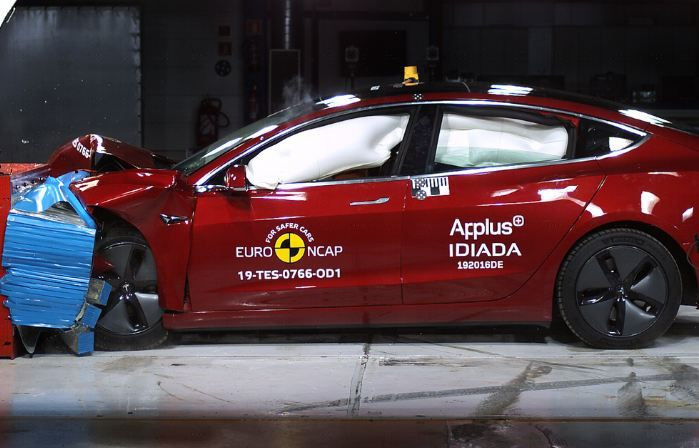Tesla Model S Key Fobs At Risk of Hacker Cloning

Tesla Model S still bears the risk of being stolen as key fobs continue to be vulnerable to cloning.
A year after researchers unveiled the vulnerability in Tesla Model S, it turns out that the key fob remains prone to cloning. Possibilities of hackers breaking into fob’s technology and successfully stealing your Tesla still exist.
How Do Thieves Hack the Key Fob
Researchers discovered that Tesla Model S key fob hacking is possible through a crack on its 40-bit encryption. Upon hearing about how the key fobs are hacked, Pektron, the automaker, and the key fob's manufacturer immediately thought of a solution.
Seeing the potential of 80-bit encryption to surpass the hacking, they created a new version that requires users to upgrade from 40-bit to 80-bit encryption. The solution was effective but only for a short period of time.
Lennert Wouters, of Belgian university KU Leuven, revealed that wireless cracking is doable to Tesla Model S key fobs that already upgraded to the 80-bit encryption. Hackers crack two 40-bit encryption key to breaking the 80-bit encryption.
What Must Tesla Model S Users Do
Tesla Model S owners are once again in for a challenge on how to protect their cars from the risk of being stolen through key fob cloning. The good news is, all they have to do is upgrade their key fobs.
Tesla also made it easier for their existing customers to upgrade by launching an over-the-air software update. This update is way better than the update process they had last year that requires new hardware. Meanwhile, Tesla Model S vehicles released last month were changed in such a way that an upgrade will no longer be required.
Tesla’s Efforts
Aside from the over-the-air update and the prior updating of the new vehicles manufactured last month, Tesla deployed several security enhancements. In an interview, a Tesla spokesperson stated that they recently introduced the PIN to Drive. This feature requires a designated PIN before anybody can drive the Tesla car. These and more are Tesla’s efforts to improve the functionality and security of their cars, according to the spokesperson.
Warning to Other Users
Wouters reminded the public to be vigilant and know that hacking is not limited to Tesla alone as there are automakers that get their key fobs from third-party providers which makes them more prone to cracks.
© Copyright IBTimes 2024. All rights reserved.




















